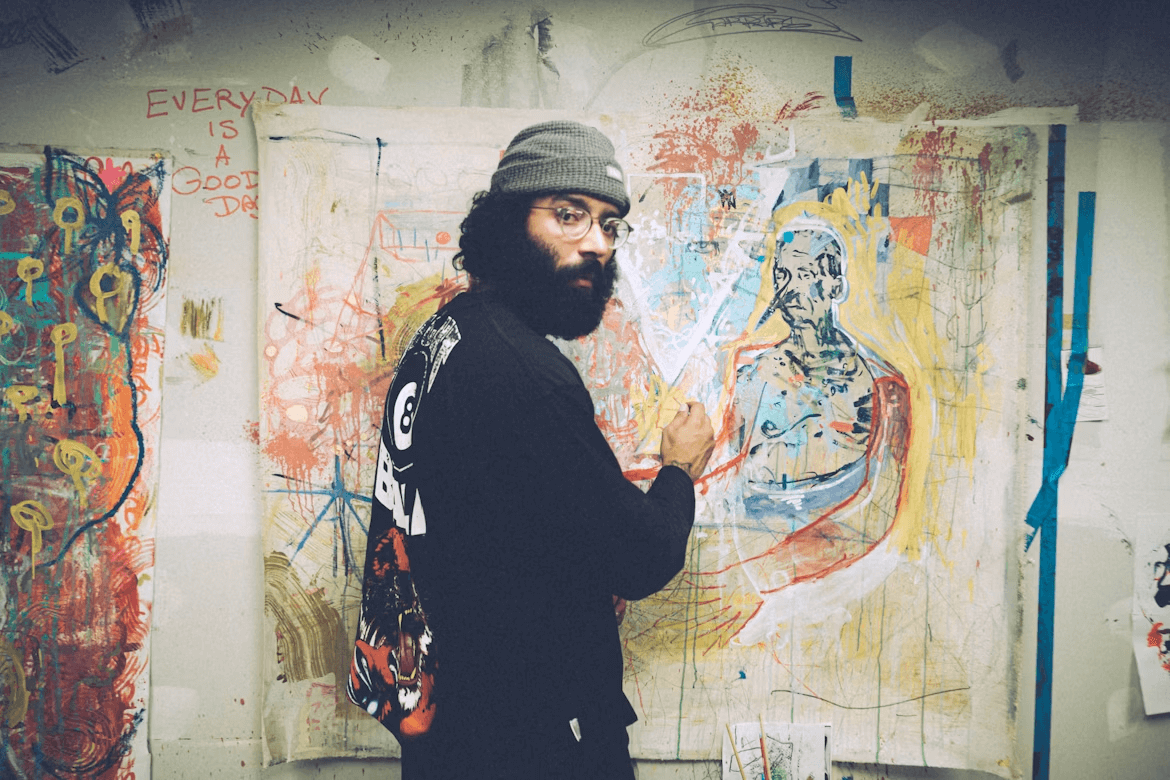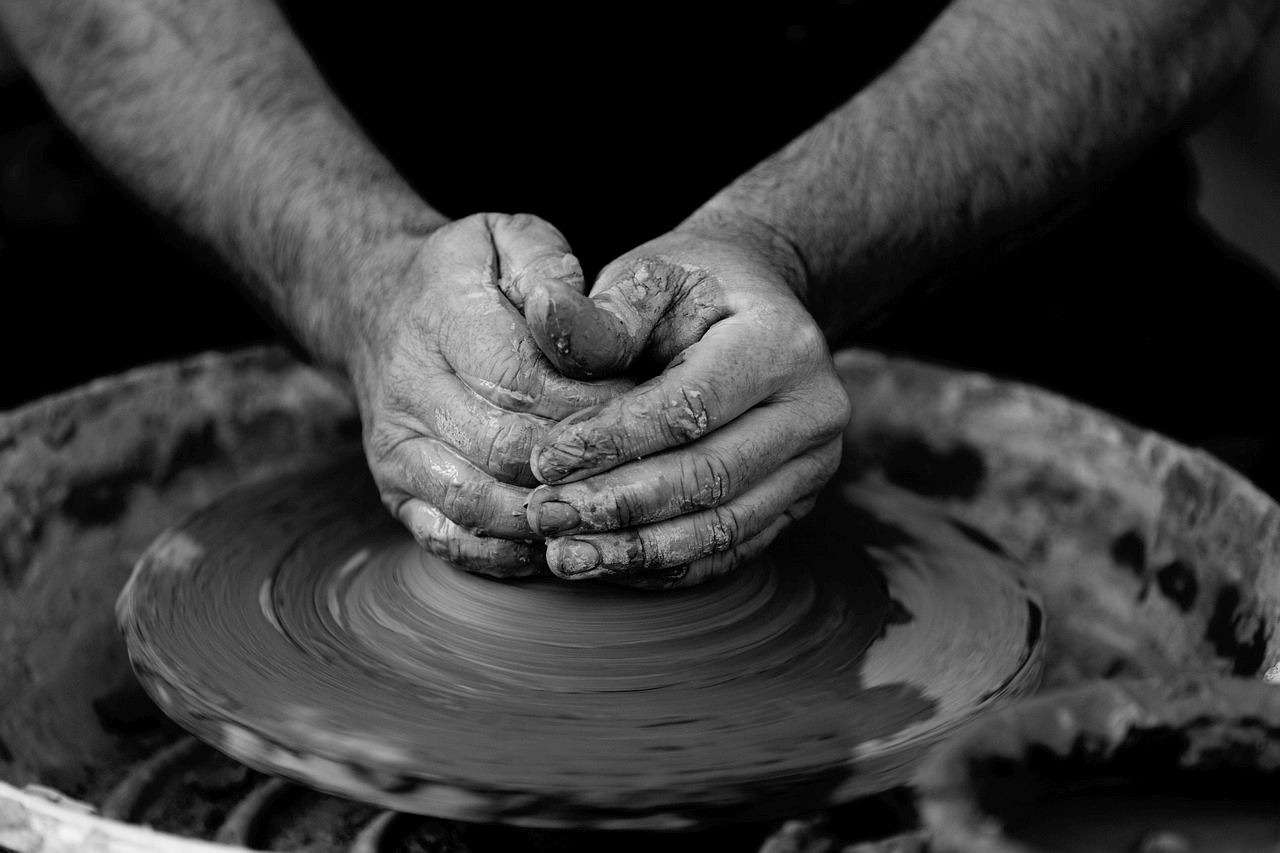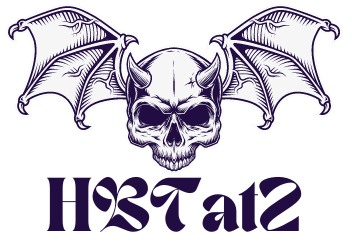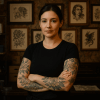Artists often bear the weight of their emotions, translating their inner worlds into tangible forms through their work. Whether through painting, writing, music, or any other creative outlet, artists pour a part of themselves into their creations.
This emotional intensity can lead to both profound expression and significant mental health struggles. The relationship between creativity and mental health is intricate, characterized by a unique blend of inspiration, anxiety, and vulnerability.

Image source:https://unsplash.com/photos/man-in-black-and-white-sweater-standing-beside-wall-with-graffiti-fPYJeMmYWM4
Understanding the Emotional Burden of Creativity
Art possesses a remarkable ability to reflect the complexities of human experience. Artists often channel personal trials, tribulations, and traumas into their work. This process is not merely therapeutic; it can be draining.
Within this space, artists cultivate a deep awareness of their emotions, simultaneously creating beautiful pieces of art while wrestling with feelings of inadequacy, self-doubt, and anxiety. Such emotional duality can cultivate a powerful drive to express oneself, yet it may lead to an overwhelming sense of pressure.
The anxiety that many artists navigate manifests in various forms. Each canvas or performance can feel like a high-stakes adventure, weighing heavily on the artist’s psyche. This leads them to seek alternative methods like psychedelic mushrooms in Alaska, Maine, Phoenix, or anywhere local. For some, these substances offer a moment of relief from the relentless expectations of perfection and creativity.
These altered states of consciousness may help artists access parts of their imagination that feel blocked by daily stress or inner criticism. In some cases, they provide a fresh lens through which to view personal struggles, enabling the transformation of pain into profound artistic statements.
The Impact of Social Media on Artists’ Mental Health
Social media serves both as a stage and a battleground for artists. With the click of a button, artists can showcase their work and reach vast audiences. While this offers exciting opportunities for exposure, it is a double-edged sword. The constant comparison to others’ success can amplify feelings of anxiety and inadequacy. Artistic success is often measured through likes, shares, and comments, metrics that do not reflect the true value of the art itself.
The relentless cycle of producing content to maintain relevance in an online space can drain creative energy. This pressure may lead many artists to experience burnout, prompting mental health issues such as anxiety and depression. It is feasible that the very tools designed to connect artists with their audiences might contribute to feelings of isolation and despair.
The Connection Between Mental Illness and Creativity
Numerous studies suggest a correlation between mental illness and creative capabilities. High-profile artists, such as Vincent van Gogh and Virginia Woolf, have illustrated this relationship through their struggles with mental health. Although the existence of a direct cause-and-effect relationship is up for debate, the narrative linking creativity with various mental health conditions persists.
Conditions such as bipolar disorder, depression, and anxiety have been recurrent themes among many artists. The intense emotional experiences that accompany these conditions may fuel creativity and can complicate the process. The pursuit of art, in some cases, serves as a coping mechanism and can exacerbate underlying psychological issues.
This paradox creates a complex dynamic where the very traits that inspire artistic brilliance can contribute to emotional suffering. Some researchers believe that heightened sensitivity, a common trait among creatives, plays a role in both artistic insight and vulnerability to mental illness. The isolating nature of creative work can deepen feelings of loneliness or detachment. While art can be a healing outlet, it does not always shield artists from the mental toll their work can exact.
Coping Mechanisms and Support Systems
Recognizing the unique challenges artists face is the first step toward fostering healthier practices. Many creatives have found success in establishing coping strategies that help them navigate their mental health journeys. Therapy and support groups provide a structured environment for artists to share their experiences and connect with others facing similar struggles.
Mindfulness techniques, such as meditation or journaling, may support emotional health. These practices help artists cultivate a greater awareness of their thoughts and feelings, fostering resilience in the face of difficulties. Some artists may find inspiration in nature, seeking solace in outdoor environments that inspire their work and create a sense of peace.

Image source:https://pixabay.com/photos/art-pottery-clay-craft-hands-man-1837073/
Breaking the Stigma Surrounding Mental Health
The conversation around mental health has evolved, with increased awareness and acceptance fostering change in various communities. Artists have turned into advocates, speaking openly about their mental health battles and encouraging others to do the same. By sharing their stories, they contribute to breaking the stigma surrounding mental illness.
The creative community can benefit significantly from this openness. When artists share their struggles, it allows others to feel seen and understood, promoting a sense of belonging. This collective experience can empower artists to seek help and learn that they aren’t alone in their journey toward mental wellness.
The link between artists and mental health challenges is evident and multifaceted. While creativity can stem from deep emotional wellsprings, it may lead to increased anxiety and mental health issues. By understanding these dynamics, fostering supportive environments, and encouraging open dialogue, communities can empower artists to nurture their mental health alongside their creativity.

